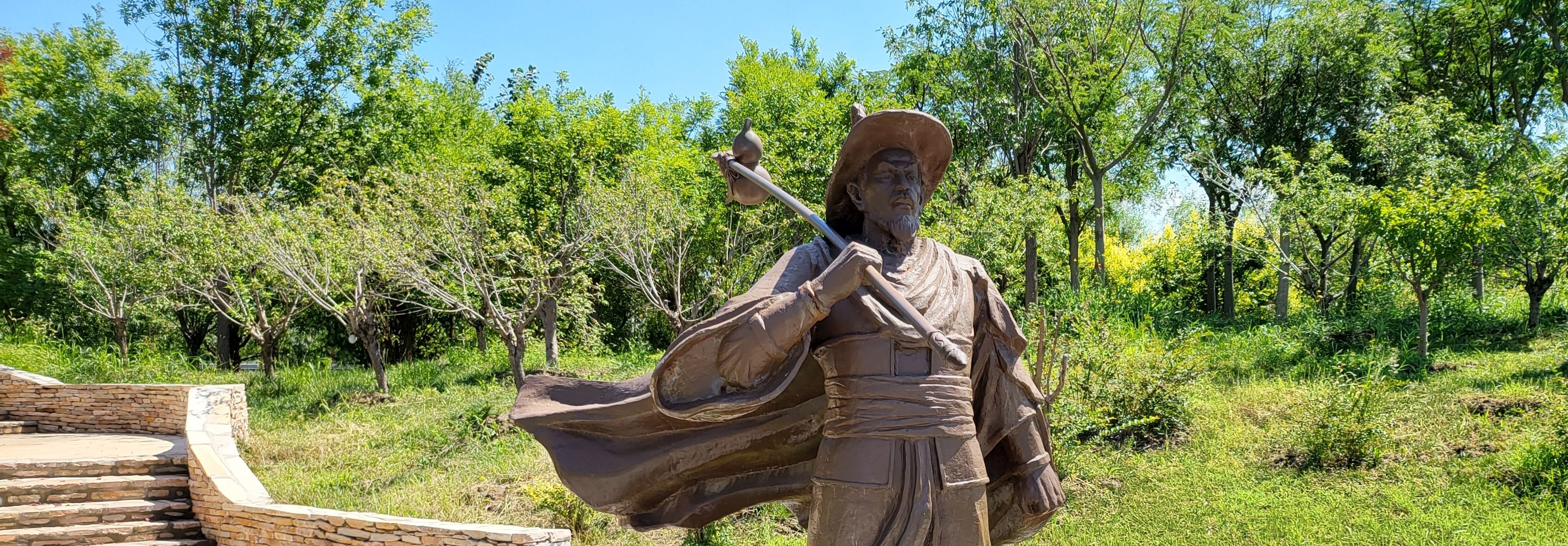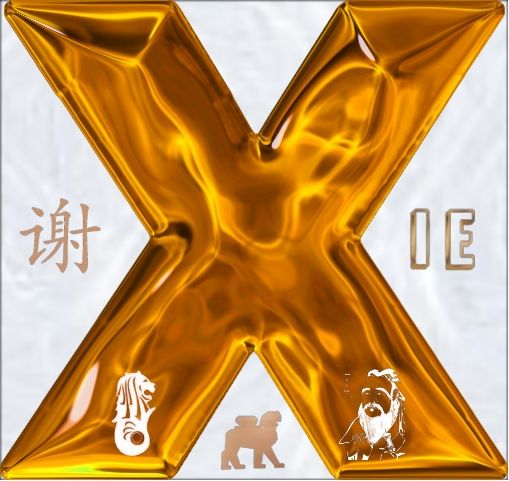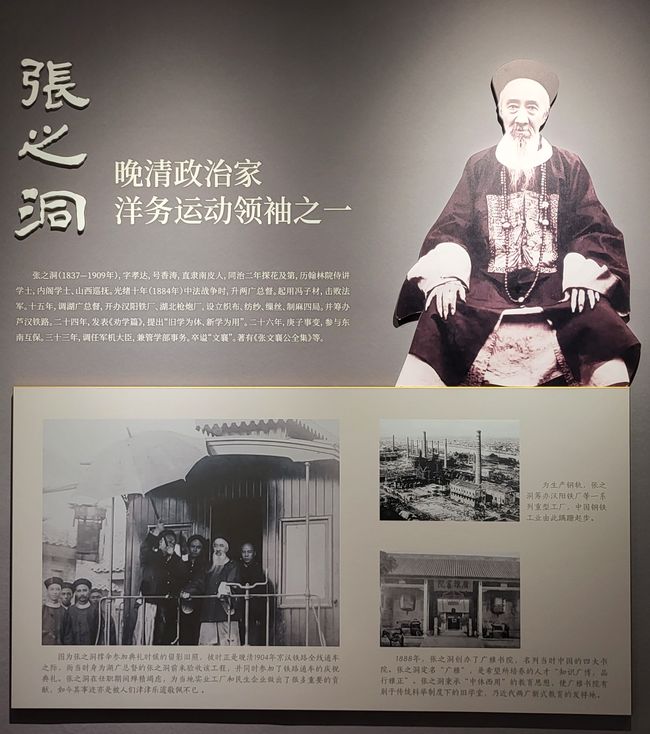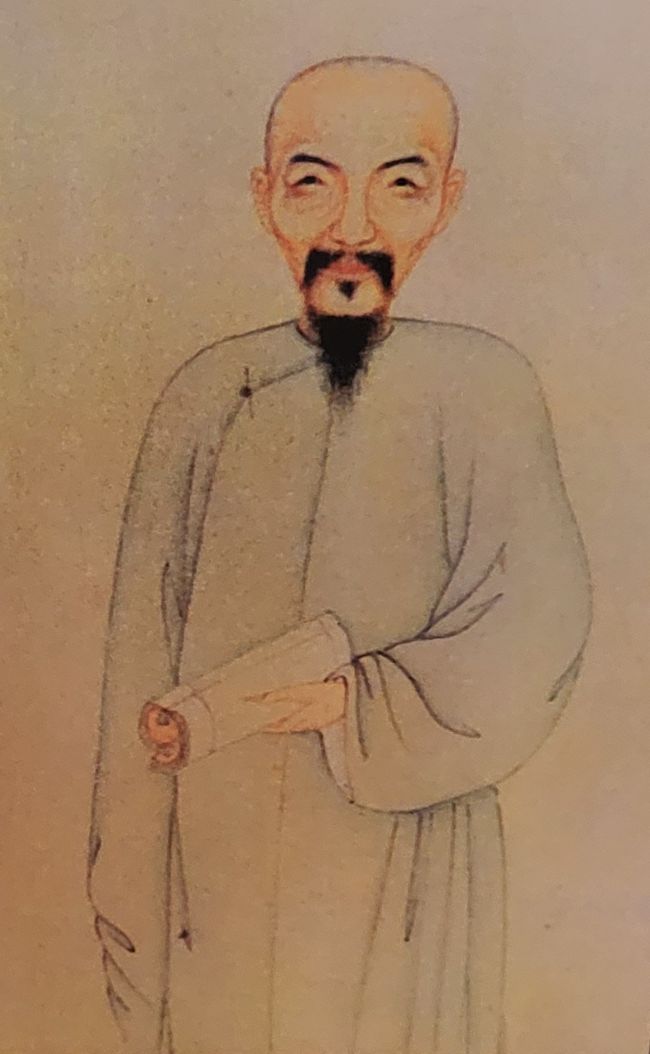The Literary Scholar and the Reformer
प्रकाशित: 14.08.2024
The fourth and final part of my blog post mini-series on famous personalities from the Cangzhou region takes us into the 18th and 19th centuries.
Ji Yun (1724-1805) was born in Cui'erzhuang, about 25 km west of Cangzhou. Even in his early childhood, he was renowned as a prodigy and at the age of 23, during the reign of the famous Emperor Qianlong, he ranked first in the local civil service examination. Seven years later, he graduated with a doctoral degree (Jinshi). At the age of thirty-seven, he was appointed chief editor of the “Siku Quanshu” (四库全书) (along with Lu Xixiong). It is the largest collection of books in Chinese history. Emperor Qianlong aimed to surpass the great Yongle Encyclopedia from the Ming Dynasty with this work. The project took nearly ten years and the collection consists of 3,461 books. In the following years, Ji Yun compiled a catalog of an additional 6,793 books.
Today, a copy of the “Siku Quanshu” exists in the National Library in Beijing. The founding of this library dates back to a proposal by Zhang Zhidong in 1907.
This Zhang Zhidong (1837-1909) was born in Nanpi, 30 km southwest of Cangzhou. Initially, during the reign of Emperor Tongzhi, he served as a lecturer at the Hanlin Academy. Only the most outstanding scholars were allowed to work at this imperial institution. One of the core tasks of the academy was the interpretation of Confucian classical literature. He then served in various government positions as a minister and governor (Shanxi, Guangdong, and Guangxi). In 1890, during the reign of Guangxu, he became governor of Hubei. The capital, Wuhan, developed into a center of the iron and steel industry due to his industrial reforms and thus led the modernization of China. Zhang Zhidong founded the Hanyang Iron Works and the Hubei Arsenal and facilitated further industrial establishments. In his work “Advice on Learning,” he advocated the concept: “Chinese learning for substance, Western learning for application” (中學為體西學為用 / 中学为体西学为用, zhōngxué wèi tǐ, xīxué wèi yòng). He was regarded as a cautious reformer who sought to align modernization with Chinese cultural traditions.
जवाफ
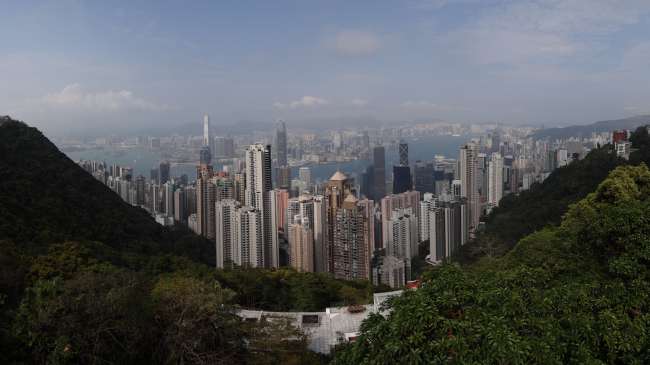
यात्रा रिपोर्टहरू चीन
